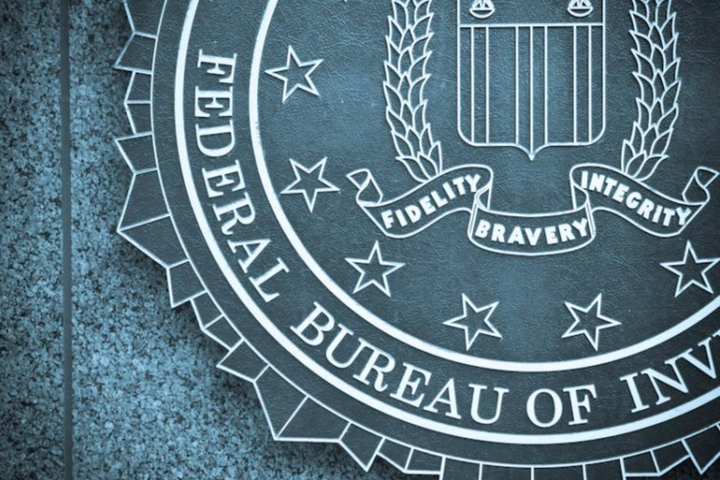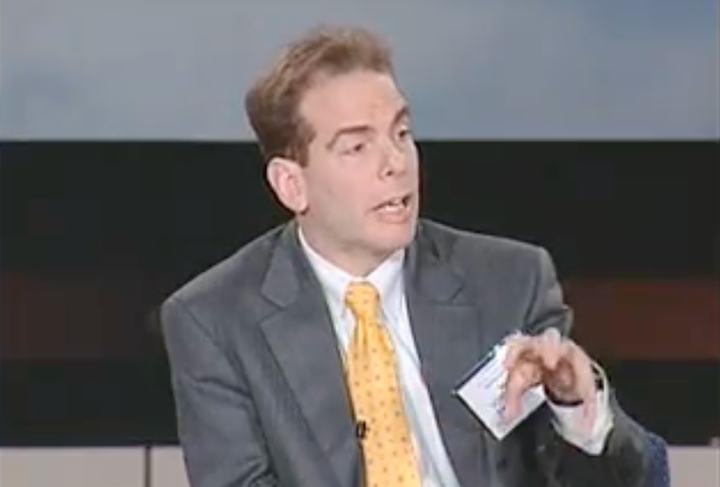'Day X Is Here': Assange Granted Hearing That May Be Last Opportunity To Stop Extradition
The United Kingdom’s High Court of Justice granted WikiLeaks founder Julian Assange a final appeal hearing that will be held on Feb. 20-21, 2024.

Thanks for being a paid subscriber to The Dissenter. The following is an exclusive article. But while billing is paused in December, exclusive articles published this month are available to everyone.
Become a paid subscriber and support independent journalism on whistleblowing, government secrecy, and press freedom.
The United Kingdom’s High Court of Justice granted WikiLeaks founder Julian Assange a final appeal hearing that will be held on Feb. 20-21, 2024.
Stella Assange, who is married to Julian Assange, posted an announcement. “Day X is here.”
“It may be the final chance for the UK to stop Julian’s extradition. Gather outside the court at 8:30am on both days. It’s now or never,” Stella added.
Julian Assange has been jailed at His Majesty’s Prison Belmarsh for the past four and a half years. Over the past year and a half, he has endured another difficult stretch of legal limbo.
The same court that will hear Assange’s appeal denied the WikiLeaks founder a hearing in early June of 2023.
Assange’s legal team submitted what is known as their grounds for appeal in mid-July 2022. The High Court waited nearly a year to simply refuse to give Assange a hearing.
By denying Assange a hearing, he never had a chance to argue that extradition to the United States to face Espionage Act charges would violate his right to freedom of expression as a journalist.
In 2021, the High Court ruled in favor of the U.S. government after they appealed a district judge’s decision that found extradition would be oppressive to Assange’s mental health given the widespread inhuman treatment that has been documented in U.S. jails and prisons. (That ruling came on International Human Rights Day.)
Assange’s legal team will pursue their final appeal on much more narrow grounds. They were only allowed to submit a 20-page filing to the court for the February hearing.
The High Court did not have to grant Assange a two-day hearing. They could have once again rejected the Assange legal team’s effort to challenge extradition. It would have potentially given the U.S. government an opening to fly Assange to the U.S. and arraign him on Espionage Act charges before the year ended.
If the U.K. appeals court does not block extradition, then Assange may have a chance to appeal to the European Court of Human Rights. However, there are swirling questions about whether U.S. authorities would request that U.K. authorities transfer him to their custody before the Assange legal team could appeal to the human rights court.
The February appeal hearing is additionally remarkable because it will come just a few weeks before “Super Tuesday” in the 2024 Republican presidential primary.
Former President Donald Trump, who faces criminal charges in multiple U.S. courts and was president when Assange was indicted on Espionage Act charges, is the heavy favorite to become the Republican Party’s nominee.
Trump has maintained his silence on Assange. Faced with a Senate impeachment trial in January 2021, he declined to pardon Assange (or NSA whistleblower Edward Snowden) because he was afraid it would give several Senate Republicans a reason to back his impeachment.
As for President Joe Biden and Democrats, the Democratic Party has refused to hold a primary. Biden will be the party’s nominee.
The Israeli government’s war on Gaza, which the Biden administration has wholeheartedly backed, has killed more than 70 journalists.
The tacit support for a cruel military siege against over 2 million Palestinians has cost Biden in 2024 general election polls suggesting how he might perform against Trump (though that does not mean that Trump is any less supportive of the war).
An unprecedented trial involving Espionage Act charges against a publisher, which have been openly condemned by nearly all reputable civil liberties, human rights, and press freedom organizations in the world, would likely undermine some of the Biden campaign’s message.
After all, it is hard for Biden to argue that he is the only candidate, who can prevent Trump from further destroying democracy and freedom, when his administration has steadfastly backed the extradition of a journalist.
How can Biden speak about the way in which Trump and Republicans may undermine and take away Americans’ freedom of expression under the First Amendment when a trial against Assange could blow a massive hole in this core liberty? (Not to mention, it is now known that government agencies under Biden pressured social media platforms to censor posts expressing "alternative views.")
Those who care about freedom of the press and the much more broader cause of human rights have a moment to force an outcome that could spare Assange. Political pressure may grow in Congress. But the slow grinding gears of the U.K. legal system might delay an outcome—again.
After the hearing in February, what stops the High Court from waiting until late 2024 to deny Assange’s appeal and grant ultimate approval for extradition? It seems possible that Biden and Trump might not have to worry about Assange getting in the way of their presidential campaigns, and that would mean another year of detention at Belmarsh and still no end in sight for this political case.




Comments ()